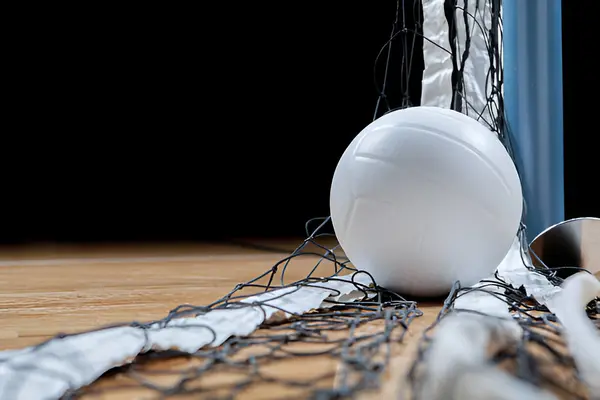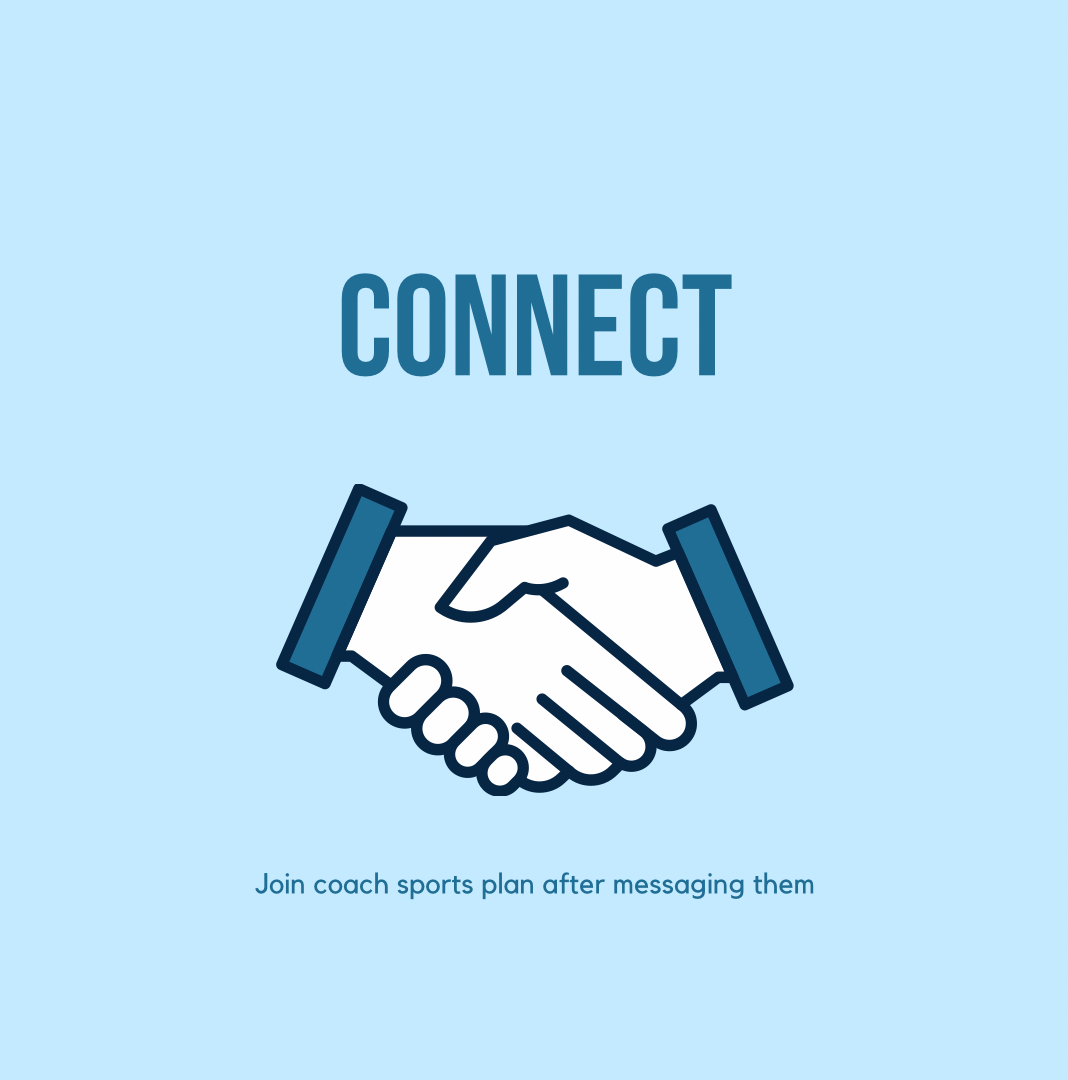How do volleyball coaches use drills to improve individual weaknesses?
Imagine this: One player struggles with serve receive, another panics during blocks, and a third floats through rotations. All different problems. But with a skilled volleyball coach , there's a plan for each.
Coaches run targeted volleyball drills :
- Serving under pressure using scoreboards and time crunches.
- Block shadowing to train hand position and footwork.
- One-ball rotational scrimmages focusing on real-time transitions.
This is how coaching sharpens every edge. Instead of general practice, you get personalized correction and strategy , making weaknesses your greatest strength over time.

Can I actually improve my game without playing every day?
Surprisingly yes.
Volleyball isn't only about court time. The best players? They train off-court just as much as on it. Here's how you can improve your volleyball game without touching a ball:
- Footwork drills (ladder work, cone shuffles)
- Core training (planks, rotational strength)
- Vision training (eye-tracking apps or ball tracking drills)
- Mental focus routines (visualization, deep breathing)
Volleyball coaches know it's a 360� sport. They'll often assign 'homework' for athletes short, focused routines to do at home. It's not about more it's about better. Smart training beats overtraining. Every single time.
What's one underrated tip that can instantly make a player look more advanced?
Ready for a little secret?
Communication .
It's wild how many players stay silent during matches. But the ones who talk Mine, short, Back-row open immediately look and play like leaders.
Volleyball is fast-paced, and without real-time communication, teams fall apart. A good coach teaches you when to speak, what to say, and how to make it second nature. They'll run noisy gym drills where music blasts, and players must shout commands over chaos. It trains clarity, trust, and reaction all wrapped in one.
So if you want to stand out? Speak up.
Volleyball isn't just played with your body it's played with your brain. Understanding court dimensions, learning rules like second nature, and trusting your coach's vision these are the moves that separate a player from a performer.
It's the little things the drills you thought were boring, the cues your coach repeated a hundred times, the rulebook you skimmed over' that eventually create the kind of player who doesn't just play well... but plays smart.
And when all of it clicks together? That's when the magic happens.
 Kamareddy , Baswapour, hyderabad, Telangana, IndiaI'm physical education teacher I can teach all games and sports ...
Kamareddy , Baswapour, hyderabad, Telangana, IndiaI'm physical education teacher I can teach all games and sports ...

